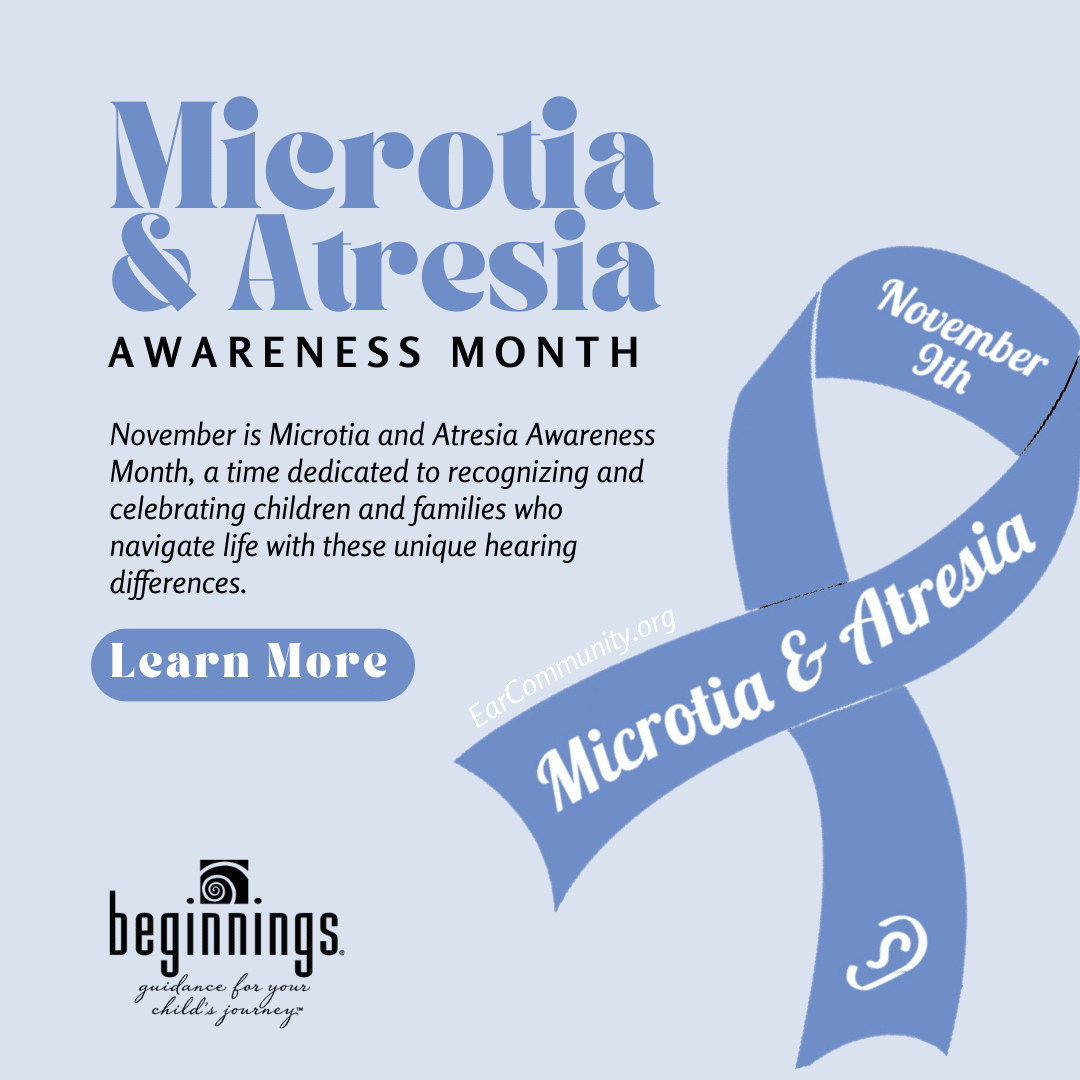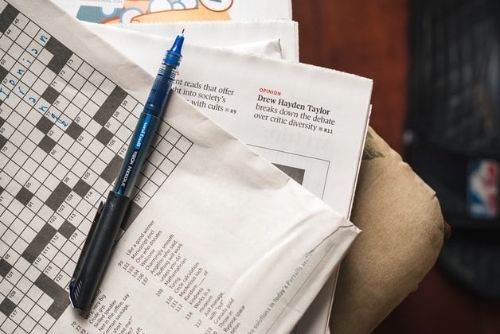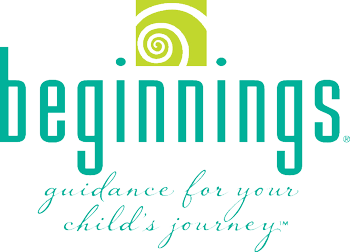
Listening with Heart: Supporting Families of children with Microtia and Atresia
November is Microtia and Atresia Awareness Month, a time dedicated to recognizing and celebrating children and families who navigate life with these unique hearing differences. At BEGINNINGS, we want to take this opportunity to honor the strength, resilience, and love that each family brings to their journey. If you’re a parent of a child with microtia or atresia, know that you’re part of a wonderful, supportive community, and you’re not alone.
What is Microtia and Atresia?
Microtia is a condition where a child is born with a smaller or underdeveloped outer ear, and sometimes, the ear may not fully form. Atresia, which often occurs with microtia, is when the ear canal is absent, narrow or closed. These conditions can range in how they affect hearing—some children have mild hearing loss, while others may have a more profound difference.
Remember that hearing differences are just one part of who they are, and with the right tools and support, they can communicate, learn, and engage in the world around them.
How Hearing is Impacted?
Microtia and atresia are considered conductive hearing losses which occur when sound waves cannot efficiently reach the inner ear due to issues with the outer or middle ear. Devices like Bone Conduction Hearing Aids are an option for some children with this conductive hearing loss. This type of hearing aid works by transmitting sound directly to the inner ear through bone conduction, bypassing the outer ear and canal. This technology can open up a new world of sound, and many children adapt to it easily.
Social and Emotional Support
For children with microtia or atresia, self-confidence and self-advocacy are essential. Talking openly about their hearing difference can help build resilience, especially when it comes to explaining their hearing devices to friends or handling questions about their ear shape. There’s so much power in a supportive environment—helping your child feel understood and empowered can make a real difference in how they see themselves.
It can also help to connect with other families who are navigating similar experiences. Being part of a community that understands can reassure you and your child that you are not alone. Many families find comfort in sharing stories, celebrating milestones, and offering each other advice along the way like the family we present here today.
Building Resilience and Joy
One of the best gifts you can give your child is helping them see the strength in their unique story. Microtia and atresia are just parts of who they are—like any child, they have talents, interests, and dreams waiting to be explored. Celebrate every victory, whether big or small, and remind them that they are loved just as they are.
Parenting a child with a hearing difference comes with challenges, but it’s also filled with incredible moments of joy and discovery. Many families find that, with time, their child’s hearing journey becomes a natural part of family life, woven into their shared experiences and stories.
Resources for Families
Whether you’re new to the world of microtia and atresia or simply looking for more support, many resources are available to help you on this journey.
North Carolina Resources
- BEGINNINGS for Parents of Children Who Are Deaf or Hard of Hearing: We offer information, guidance, and support specifically tailored to families in North Carolina. From understanding hearing options to navigating school services, our team is here to walk alongside you. www.ncbegin.org
- Early Learning Sensory Support Program for Children with Hearing Impairments :This program provides family-centered support to children up to age three, helping families access services early on. https://www.dpi.nc.gov/elss
- North Carolina Division of Services for the Deaf and Hard of Hearing: This division provides access to services, support, and information for families and individuals with hearing loss in NC. https://www.ncdhhs.gov/divisions/dsdhh
National Resources
- Ear Community: An organization for families affected by microtia and atresia, providing support, events, and resources across the U.S. They offer programs for obtaining hearing devices like BAHAs and organize meet-ups for families. www.earcommunity.org
- Children’s Craniofacial Association (CCA): This organization provides support for families of children with craniofacial differences, including microtia, offering educational resources and access to care providers. www.ccakids.org
- American Academy of Otolaryngology-Head and Neck Surgery: This resource provides valuable information about microtia, atresia, and other related medical topics, including potential treatment and management options. www.entnet.org
You Are Not Alone
As we celebrate Microtia and Atresia Awareness Month, we want to recognize and uplift each family facing these conditions. Your journey matters, and your child is capable of great things. At BEGINNINGS, we’re here to walk alongside you, offering resources and guidance whenever you need it. Please reach out if you have questions or want to connect with other families who understand. Together, we can support your child’s journey toward a happy, fulfilled life.



